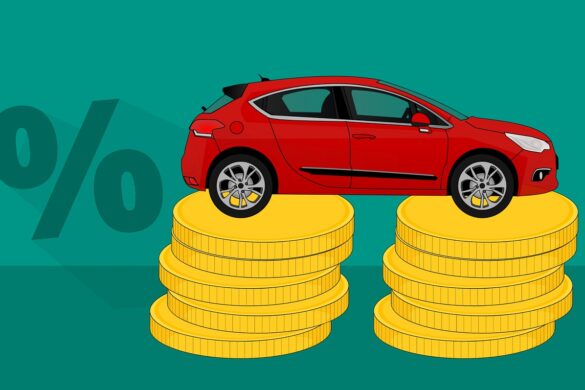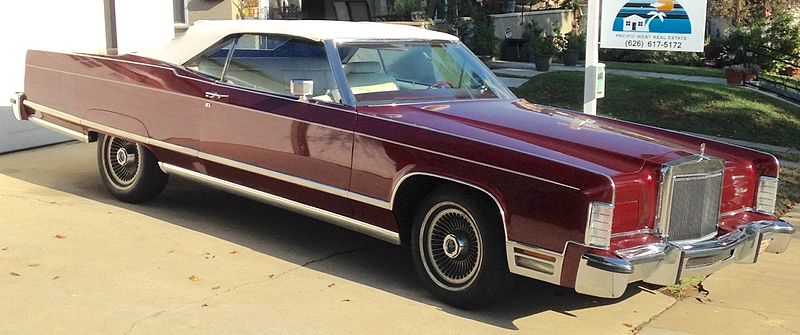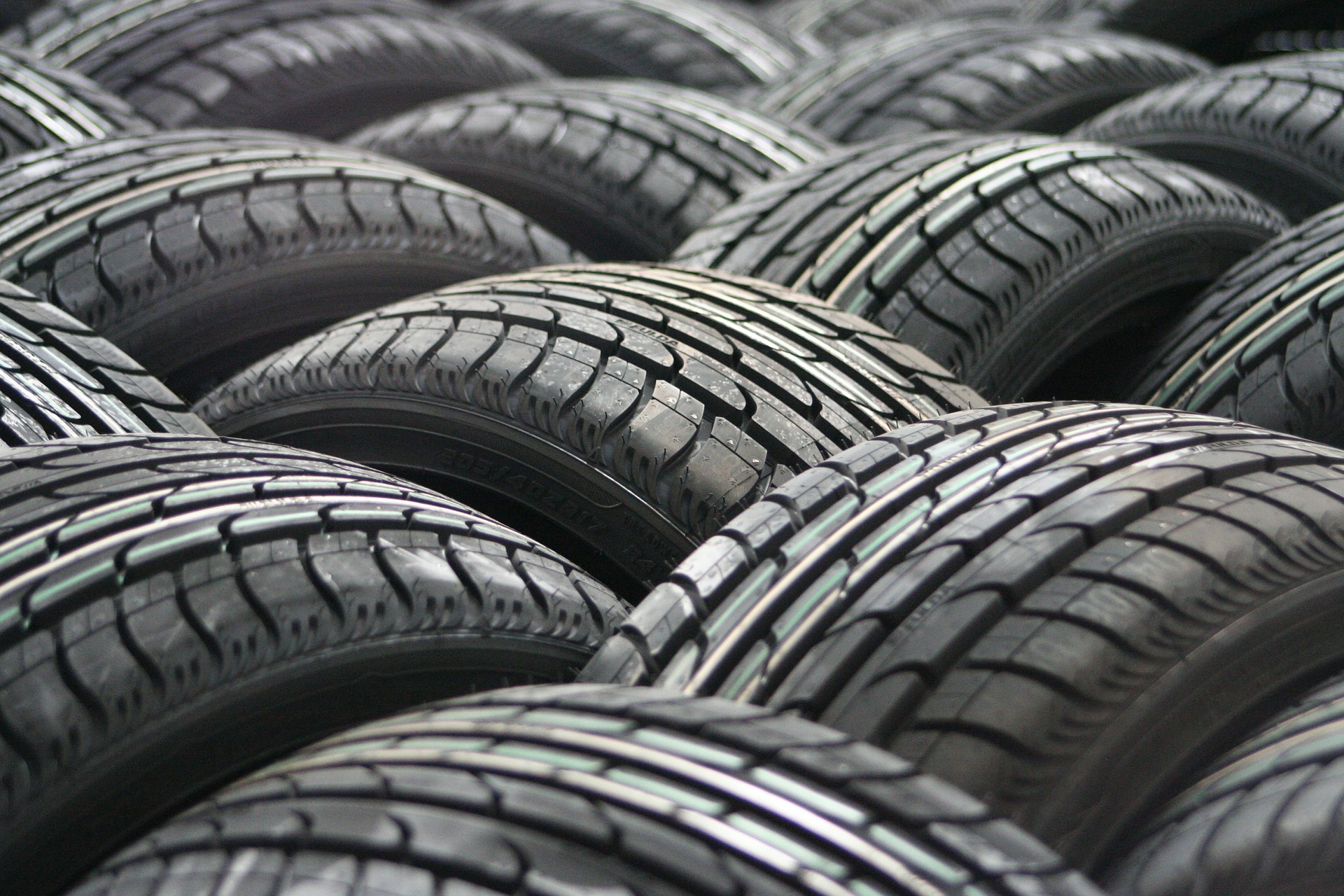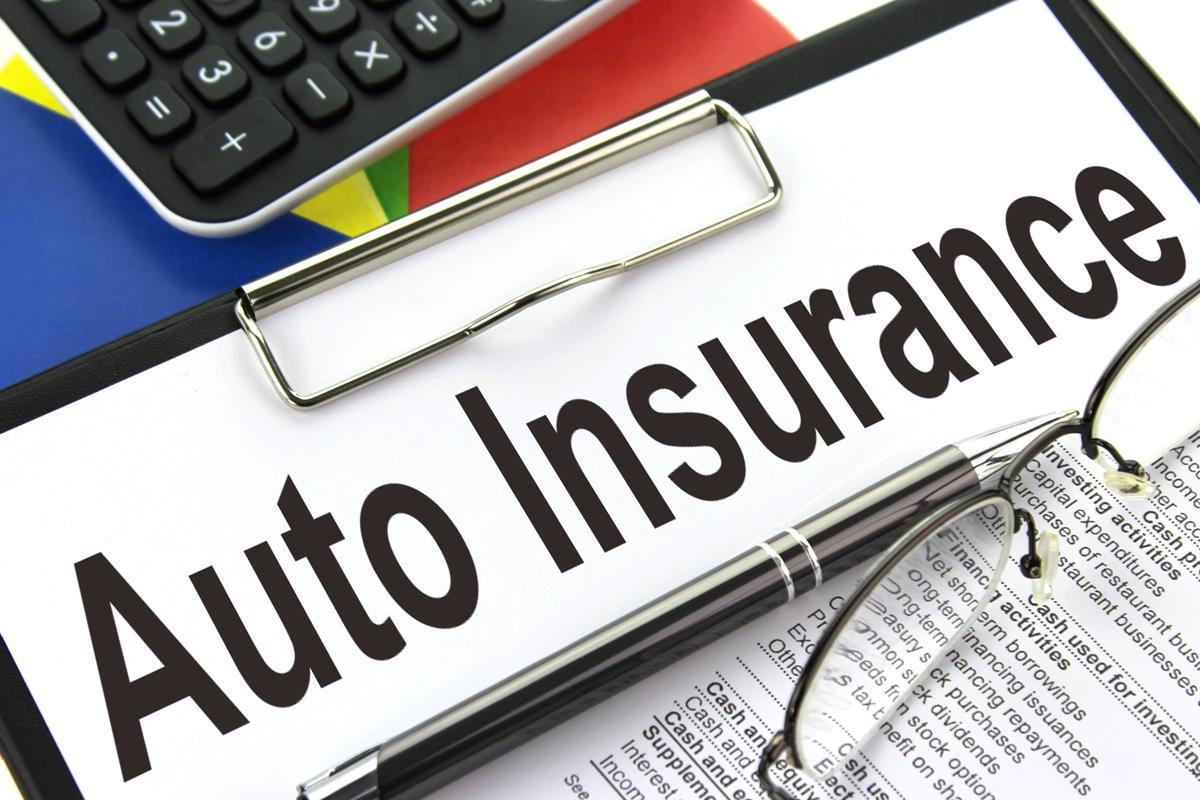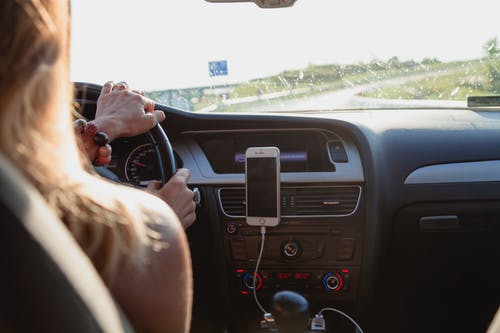
Every time you get into the driver’s seat, the first thing that comes to your mind is your safety when driving as well as that of other road users. Even though you may be an excellent driver, whatever happens on the road is often unpredictable and certain conditions may lead to accidents. However, the power to avoid most road accidents lies in your hands, and with these driving tips, rules and regulations, you will be able to avoid accidents on the road.

1.) Focus 100% on the road
When driving, you should concentrate solely on driving and nothing else. Don’t use your phone to call, text or browse when driving. Using a hands-free headset makes receiving calls when driving easier, but this should only be used for quick calls to avoid distraction. Never get tempted to take care of other tasks while driving as this will keep your eyes off the road, which is risky for you and other road users.
2.) Adhere to road rules and regulations
It seems obvious that any road user should follow traffic rules without a compromise, but may at times they are usually ignored. Simple tips like keeping your driving below the speed limit will protect you from accidents. When driving, you must obey all traffic rules and road signs, including speed limit, stop, entry and exit signs. You must also ensure you drive on the right lane. If you will be driving in a different country, it is important to find out the lanes used, as they may be different from what you are used to. You must also ensure that you obey traffic lights.
3.) Drive in the right mental and physical state
Don’t drink and drive; you don’t need to be reminded this once more. If you are under the influence of drugs or alcohol, don’t even try to start the car, as you won’t be sober enough to drive even if you don’t realize it. If you are feeling unwell or stressed up, it will be hard for you to concentrate on the road and make the best decisions when faced with possibly dangerous situations when driving. If you are using medicine that makes you drowsy, you shouldn’t drive as your concentration will be altered.
4.) Practice defensive driving
By ensuring that you are safe when driving, you also protect other road users. This is what defensive driving is all about. You will definitely meet the drivers and pedestrians that don’t adhere to road rules and regulations. You must respect every road user’s right of way by not blocking their passage. You also need to be careful about leaving or entering busy roads to avoid being hit by speeding vehicles. Make sure to use your indicators and hazards effectively to signal to other users that you are making a turn or are in distress. You also need to keep a safe distance between your vehicle and other vehicles or road users. No matter how careful you are, there is always a possibility that you will get into trouble with other drivers that don’t respect the well-being of other road users. In case of a collision or accident, you need to stay put and contact the relevant authorities, including the police and your insurance provider. Jeff Preszler, one of the traffic and criminal lawyers, explains that your auto insurance policy requires that you preserve evidence of the damage until your insurer can inspect the vehicle.
5.) Drive at a comfortable and reasonable speed
You must always drive at the recommended speed. Don’t go so fast that it becomes hard to maneuver your way around bends or even pull over when a road user enters the road suddenly. This also goes hand in hand with driving on the right lane depending on how fast or slow you are. Your speed should also correspond to that of the vehicles in front or behind you. Do not tailgate vehicles in front of you to prevent accidents in case they brake suddenly before you. It is recommended to maintain a 2-second cushion between you and other vehicles, and increase it to 4 seconds when driving in bad weather. You also need to slow down even more and avoid overtaking when driving in harsh weather such as rain, fog or snow.
6.) Secure yourself and other vehicle occupants
You must always secure yourself with a safety belt whether you are driving or being driven. This protects you from injuries caused by sudden impact during collisions. Children should be secured in baby car seats, which should face the right direction. If you have luggage in the vehicle, you should secure it in place to prevent possible injuries caused by the luggage hitting you or other passengers.
Keeping your vehicle in good condition is also extremely important. Use the right type of fuel and products for your vehicle and service it on a regular basis. In case you are caught up in an accident, you should call the police or an ambulance immediately and wait for them to come. You also need to call your insurance provider and take as much evidence as you can including pictures of the damage.


